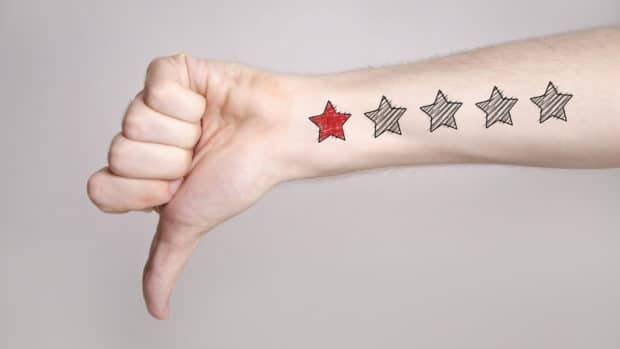Superficial personalisation persists as a key customer engagement bugbear for European shoppers, risking retailers lost revenues and loyalty, according to the latest research from MoEngage.
Original research of 1,000 European shoppers by MoEngage in its latest Personalisation Pulse Report showed that over half (51 per cent) now want their communications from brands and retailers personalised based on their buying or browsing history, while a further fifth (19 per cent) wanted brand interactions to be tailored to them based on their preferences and interests. However, 21 per cent of shoppers say they are still receiving personalisation on their name or location, which added little or no value to their interaction with the brand or aided them in their buying mission.
“Put simply, superficial personalisation will no longer cut the mustard with consumers,” Jason Smith, VP UK & Europe at MoEngage, commented. “Now used to receiving highly curated digital experiences – whether they’re shopping or being served entertainment recommendations from Netflix – they expect interactions to be served to them at a one-to-one, individual level in every aspect of their lives.”
And, when it comes to personalisation, consumers don’t just expect the content they receive to be highly tailored towards their individual interests or previous browsing or buying patterns; they also expect the frequency of customer engagement from the brands and retailers to be personalised too, MoEngage’s report showed. Over a third (34 per cent) said receiving too frequent or too few messages from retailers topped their biggest frustrations when engaging with brands.
Contrary to the widely held belief among marketers that too frequent engagement with consumers might cause them to lose customer opt-ins or put shoppers off, a third (30 per cent) of the European shoppers polled by MoEngage said they would like to receive branded communication two times a week on average. A further 16 per cent saying they’d like to receive customer engagement more frequently at multiple times during the week, showing customers want to hear more from the brands they buy from.
“Personalisation success relies on triangulating the right message, landing at the right time, to the right customer on the right channel,” Smith continued. “And without leveraging omnichannel customer data and using that to power insight-led customer engagement, retailers face personalisation pitfalls that leave shoppers dissatisfied, less inclined to convert and questioning the value of their loyalty to a brand.”








Share